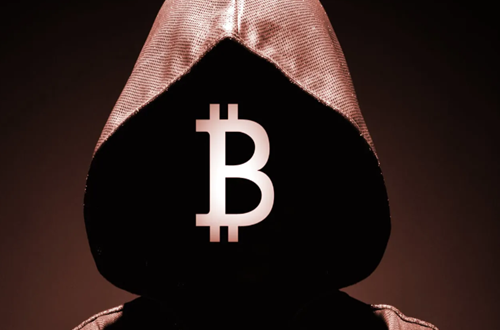In a twist of fate for Bitcoin, a series of emails from Satoshi Nakamoto, the pseudonymous creator of the cryptocurrency, has revealed concerns about its potential energy consumption, even as the cryptocurrency is hailed as a groundbreaking innovation.
The emails, released by Martii ‘Sirius’ Malmi, an early collaborator on Bitcoin’s code, show Nakamoto’s early thoughts on Bitcoin’s Proof of Work (PoW) consensus algorithm, which he described as “fundamental to coordinating the network and preventing double-spending.” However, he also cautioned about the energy consumption associated with PoW, noting that if Bitcoin were to consume significant energy, it would still be less wasteful than traditional banking activities.
Nakamoto’s concerns about energy consumption are particularly relevant today, as the debate around Bitcoin’s environmental impact continues to intensify. Critics point to the cryptocurrency’s energy-intensive mining process, while supporters argue that Bitcoin mining often uses clean or orphaned power that would otherwise go to waste.
The release of these emails comes at a crucial time, as Craig Wright, who claims to be Nakamoto, is on trial in a case brought by the Crypto Open Patent Alliance (COPA) to determine his identity.
Aside from energy concerns, Nakamoto also discussed non-financial uses of blockchain technology, such as using Bitcoin as a timestamp server for documents, highlighting the versatility of the technology beyond its financial applications.
Legal concerns were also on Nakamoto’s mind, as he expressed discomfort with labeling Bitcoin as an investment, fearing potential legal scrutiny from authorities. This concern has proven prescient, as regulatory agencies like the Securities and Exchange Commission (SEC) continue to grapple with the classification of cryptocurrencies and related activities.
Overall, Nakamoto’s emails offer a glimpse into the early days of Bitcoin and the creator’s vision for the cryptocurrency, highlighting both the groundbreaking nature of the technology and the challenges it faces in terms of energy consumption and regulatory scrutiny.
(Source: Coin Telegraph | Business Insider | Bitcoin Magazine)









